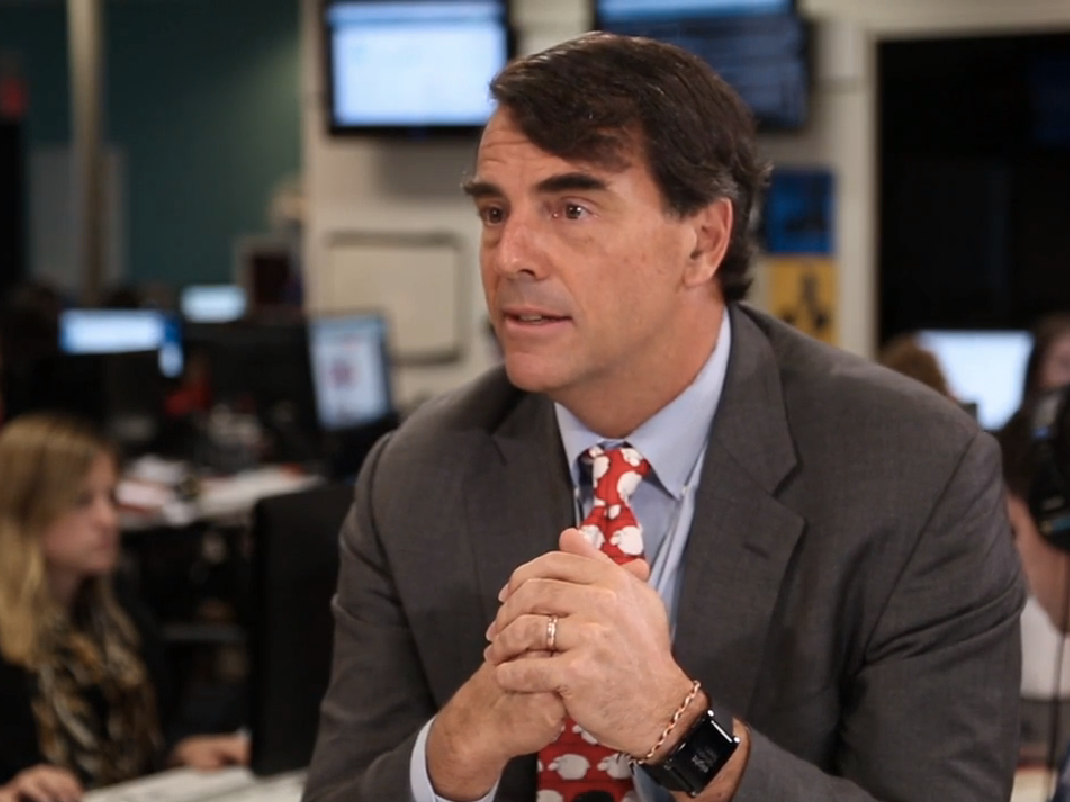The old saying goes that one man’s loss is another man’s gain. That has proved true in the bitcoin market.
Over time, the US government has seized hundreds of thousands of bitcoins from people who used the cryptocurrency in the process of breaking the law. Perhaps the most high-profile example came in October 2013, when the FBI raided the online marketplace Silk Road, a hub for transactions involving illegal drugs and criminal activities.
But those confiscated bitcoins don’t just sit in the US government’s digital wallet – they get auctioned off to the highest bidder. And because of the cryptocurrency’s recent surge to record levels, the winners of those auctions have made a killing: about $250 million in total.
Here’s a rundown of four major bitcoin auctions since the Silk Road bust and the profits made by each winning bidder, assuming they haven’t sold out of their positions. All numbers were calculated using Wednesday’s intraday high of $2,398 a coin.
- June 30, 2014: 30,000 bitcoins sold at a value of $19.4 million (price per coin: $647)
- Position would be worth $71.9 million – net profit $52.5 million Buyer: Venture capitalist Timothy Draper
December 9, 2014: 48,000 bitcoins sold at a value of $18.1 million (price per coin: $378)
- Position would be worth $115.1 million – net profit $97 million Buyer: SecondMarkets, an exchange started by Barry Silbert, who runs the Bitcoin Investment Trust fund
November 30, 2015: 44,000 bitcoins sold at a value of $14.6 million (price per coin: $332)
- Position would be worth $105.5 million – net profit $90.9 million Buyer: Unknown
August 22, 2016: 2,700 bitcoins sold at a value of $1.6 million (price per coin: $585)
- Position would be worth $6.5 million – net profit $4.9 million Buyer: Unknown
Total profit: $245.3 million
Bitcoin’s surge above $2,300 a coin and series of new highs have been driven by a recent glut of good news. The cryptocurrency has gained in 26 of the past 29 sessions, doubling its value over the period.
Wednesday's climb came after China was downgraded at Moody's and a bitcoin scaling agreement was reached by the Digital Currency Group, representing 56 companies in 21 countries, at the Consensus 2017 conference in New York.
At the beginning of April, Japan announced bitcoin was a legal payment method in the country. Additionally, Ulmart, Russia's largest online retailer, earlier this month said it would begin accepting bitcoin even though Russia said it wouldn't explore the cryptocurrency until 2018.
The gains also seem to be boosted by speculation that the US Securities and Exchange Commission could overturn its rejection of the Winklevoss twins' bitcoin exchange-traded fund. The SEC accepted public comment on its decision until May 15, but it hasn't announced whether it will overturn it.

